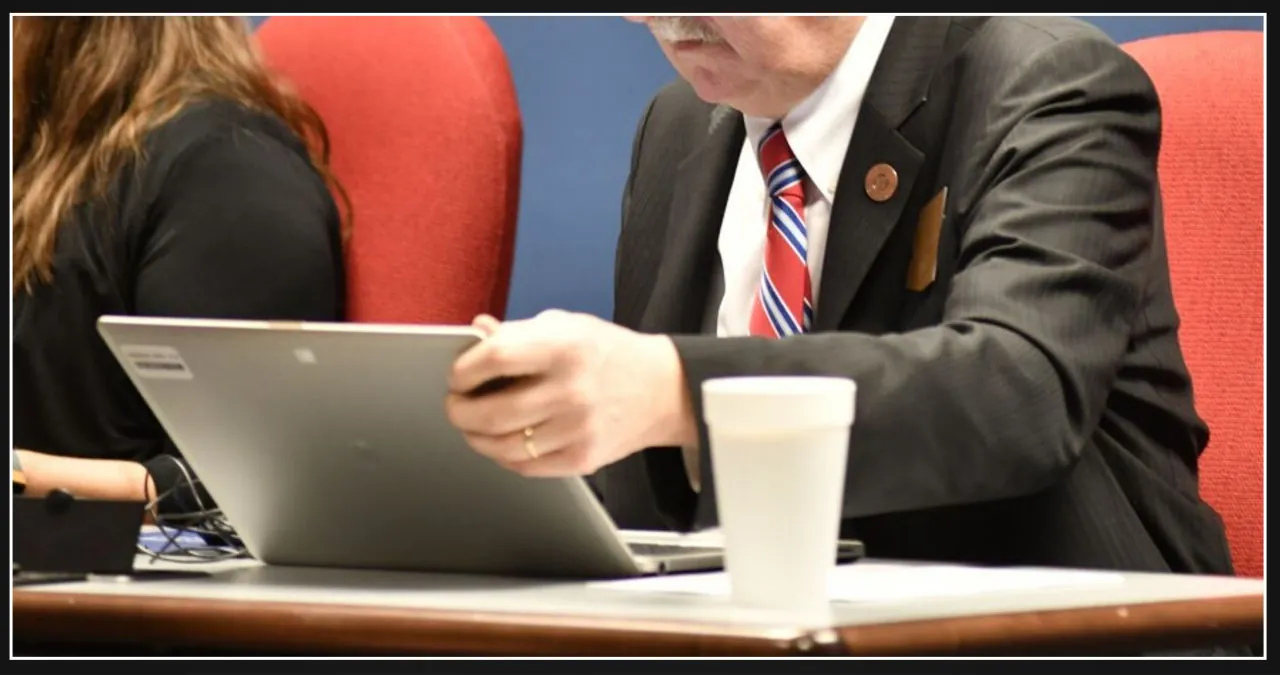By Howard Fischer, Capitol Media Services
PHOENIX — Concerned that your local government is using public funds to influence your vote? Senator John Kavanagh has a solution for you. The Fountain Hills Republican is proposing a bill, SB 1036, that would expand existing laws prohibiting cities, counties, school districts, and special districts from using taxpayer dollars to sway voters. If the measure passes, any resident would have the right to bring a claim against these entities.
But that’s not all. Kavanagh’s proposal includes a tempting incentive. If an individual files a lawsuit and wins, the public official responsible for the misuse of funds would have to reimburse the money from their own pocket. Additionally, a judge could impose a separate penalty of up to $5,000. What’s new is that if a resident initiates the lawsuit, they would be entitled to receive those penalties.
Kavanagh believes that the current system for enforcing laws on the use of public funds to influence elections is effective, but only when state or county prosecutors are willing to take action. He highlights that ordinary citizens have no recourse to challenge such cases if the attorney general or county attorneys are not interested or involved. The lack of resources or political considerations from these officials may prevent them from getting involved. Kavanagh’s bill aims to empower ordinary citizens to address these issues.
So, what problem is Kavanagh trying to solve? He claims that cities and towns often face accusations of bias when promoting initiatives like borrowing authority. For example, in the November election in Gilbert, there was a controversy surrounding Propositions 497 and 498. The town produced a video promoting both measures, which some critics argued was unfair and violated neutrality rules. However, under current law, organizations like the Goldwater Institute can only refer such matters to the county attorney. In this case, the county attorney did not pursue the issue, and voters eventually approved both measures.
Kavanagh insists that this situation is not unique and has witnessed other instances where government entities push the boundaries with informational flyers, particularly during bond elections. However, he does not believe that empowering private citizens to sue local governments, potentially driven by financial gain, will result in a flood of baseless lawsuits. Arizona courts have rules in place to sanction “frivolous” lawsuits, including ordering the suing party to pay the legal fees of the defendant.
Kavanagh’s proposal aligns with the concept of “qui tam” actions, which reward individuals who take action against illegal or wasteful government spending. The federal False Claims Act includes provisions for qui tam actions, allowing individuals who expose fraud against the government to receive up to 30% of the recovered funds. Qui tam cases have been successful in uncovering defense contractor fraud, healthcare billing irregularities, kickbacks, and upcoding by medical providers.
In conclusion, Senator Kavanagh’s bill aims to empower residents and provide a mechanism for them to challenge local governments’ use of public funds to influence elections. The proposed legislation also includes provisions for penalties and reimbursements from public officials found guilty of misusing funds. This approach mirrors the concept of qui tam actions used at the federal level to combat fraud and wasteful spending.

